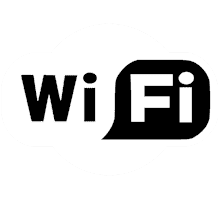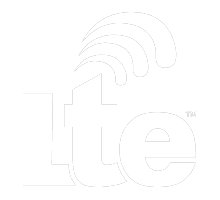Wireless Testing
What testing is required to get my wireless device certified for operation?
Everything is going wireless
Right now, product designers are tasked with creating ever smaller and more interconnected devices. The rapid proliferation of IoT devices, has lead to ever more complicated testing for new product designs. We can help get your wireless product certified right away, and will ensure a safe and successful product launch.

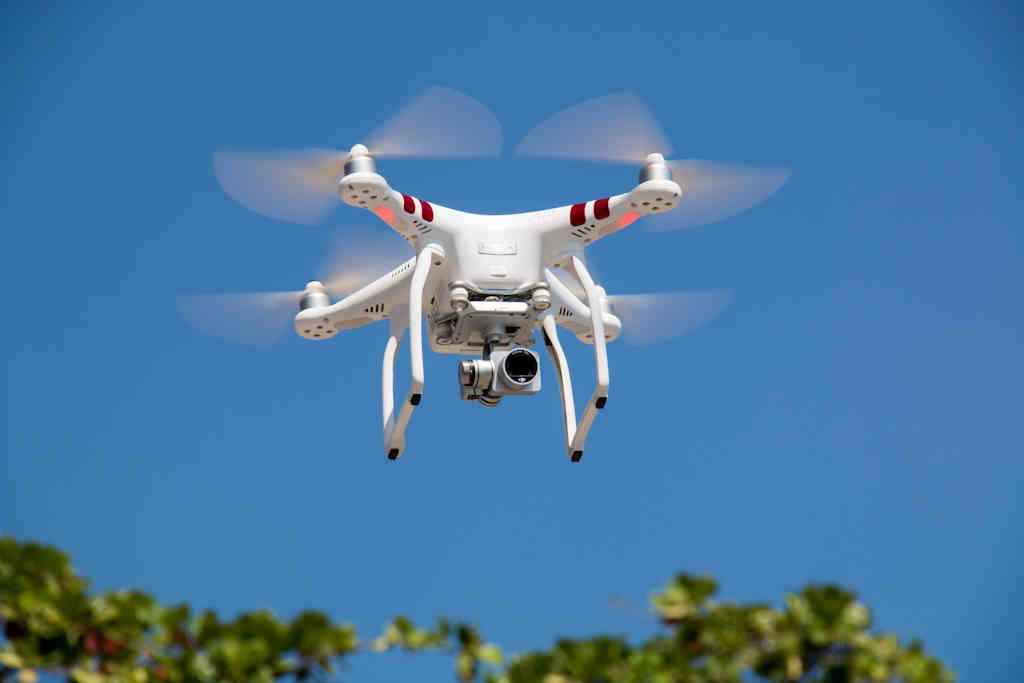
Wireless Certifications Actually Make Sense
While navigating the regulations around your wireless device, can be a little hairy at times. The overall testing process is fundamentally the same as EMC testing. The only difference is that when you intentionally build a wireless transmitter, you will have to test and ensure that when your device is transmitting, it is within the regulatory output limits and is also EMC compliant.
No transmitter too complicated
We are experts on testing & certifying complex multi-transmitter systems, and everything in-between. We work with companies of all sizes, from Fortune 100 R&D departments to first time hardware start-ups. Our experienced staff have tested emerging wireless technologies like 4G / 5G / NB-IoT / LoRa / Satellite in all major global markets. There is no wireless project too big or small. Let us help you get through your wireless certification testing today.
Typical wireless certification starts at $2499.
Get Quote
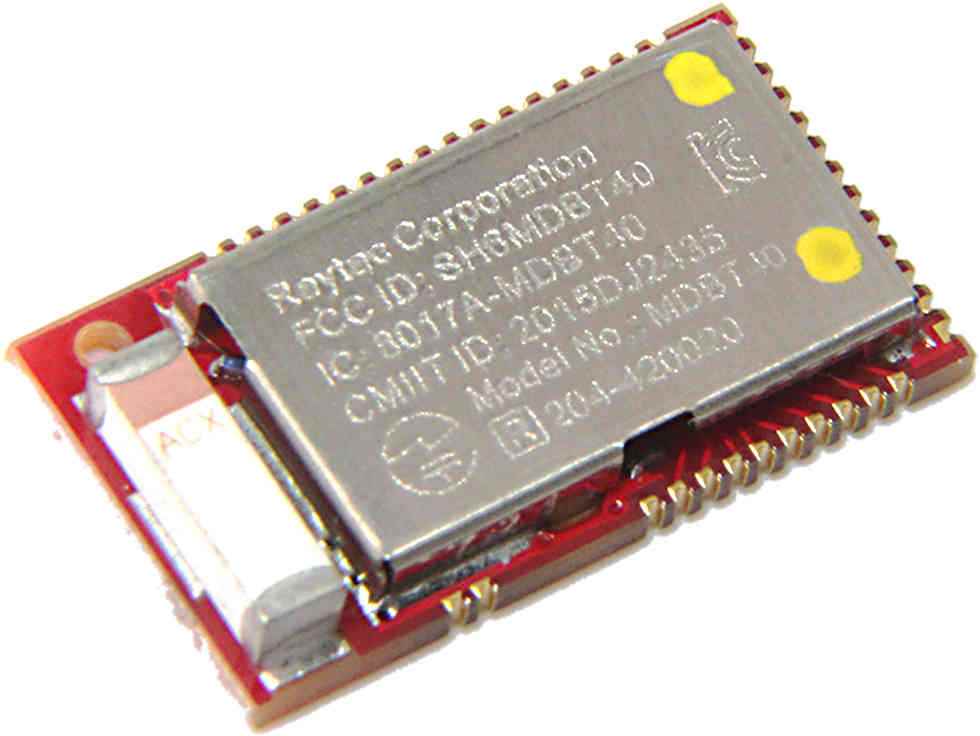
I'm using an RF module, do I need testing?
Even if you are using an RF module, your system still will require testing. You will save money though, because it will require less testing than a full FCC / IC / CE certification of the underlying transmitter. Based on the markets you want to release your product, our compliance engineers will determine your requirements for using a pre-certified RF module.
For CE Certified Modules you will need to conduct more extensive testing than with an FCC certified module; our team has extensive CE RED testing experience and can provide a detailed proposal for the best approach to re-use existing CE test data from your module manufacturer, and still meet the requirements to apply the CE Mark to your end product.
I'd like to sell my wireless product in Europe, what about CE RED Testing?
We test for clients across the world, and one of our specialties is CE RED testing for wireless products. We can assist in CE RED testing for any existing wireless technology: 4G / NB-IoT / BLE / WiFI. We have a wide range of CE Testing capabilities for any types of wireless devices. Upon completion of testing, we can provide a formal Notified Body EU-Type Examination or assist you in preparing your own Declaration of Conformity to apply the CE Mark on your wireless device.
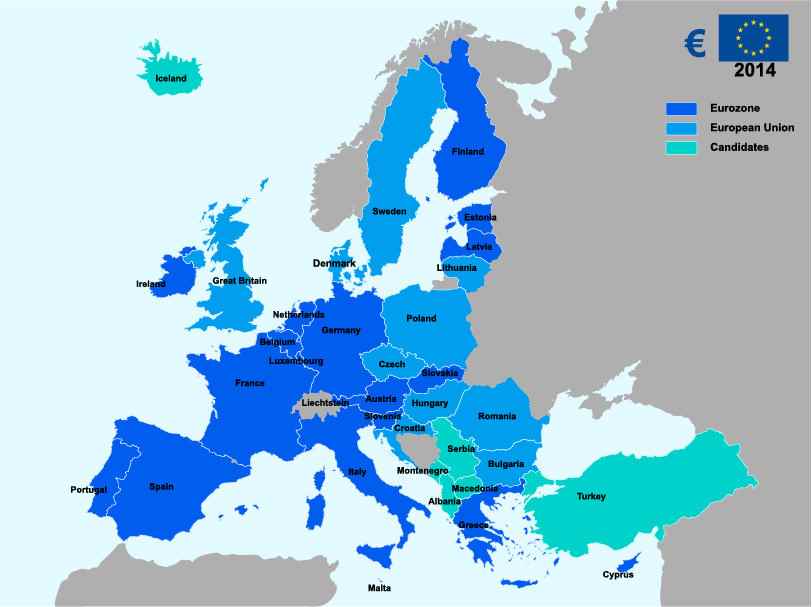
I need help with antenna tuning, impedance matching, and getting my system to pass
As former product designers, we have plenty of real-world experience tuning antenna networks and optimizing RF performance. As part of our wireless testing, we can provide you with real-world advice, and help you if you face design problems with your systems at the lab. Our lab facilities, can change basic PCB components and modify your transmit power if necessary.
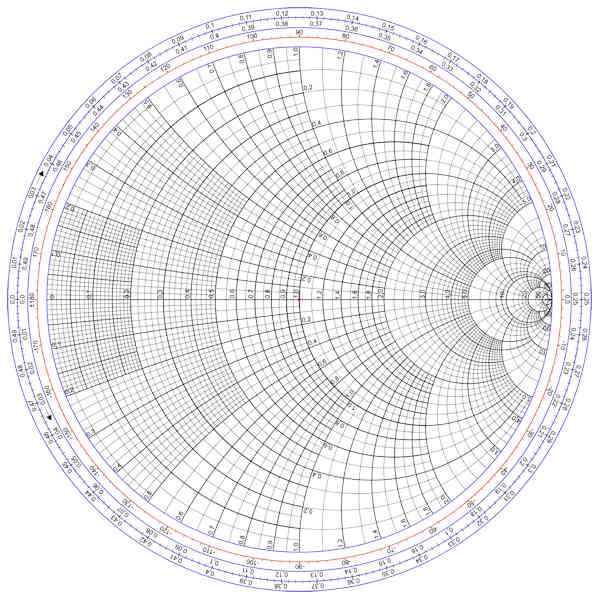
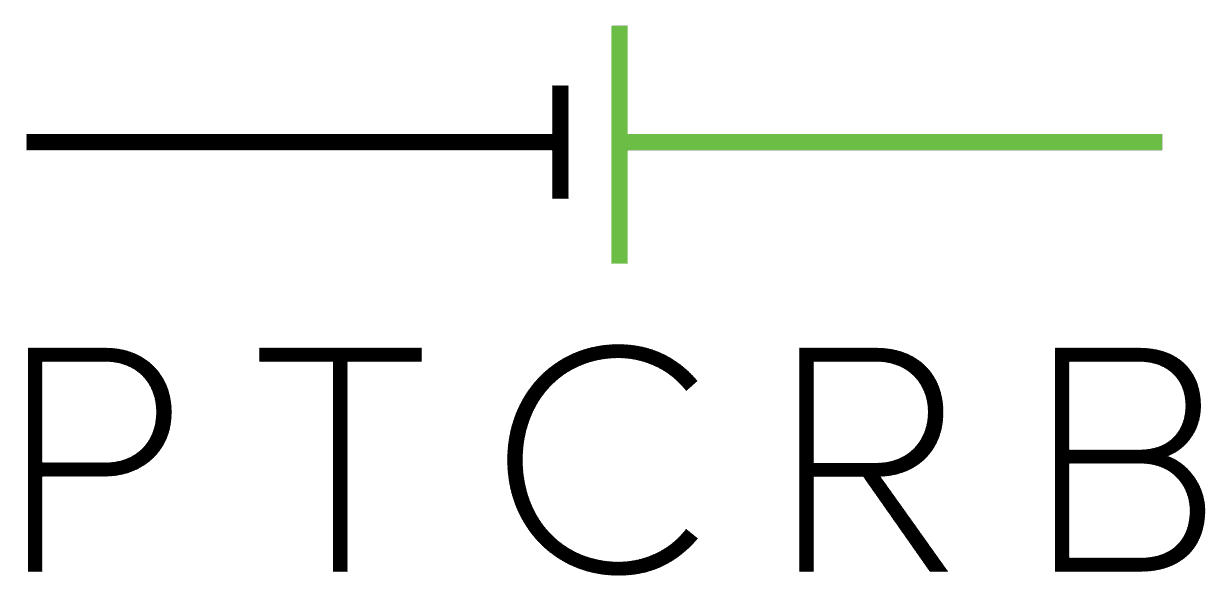
What is PTCRB, and why does it matter for my cellular / IoT product?
In 1998, North American cellular providers created a certification program for device manufacturers, requiring them to demonstrate compliance with cellular network standards. If you are using a cellular module in your device and wish to operate the device in North America, you will need to conduct PTCRB testing on the module in your final host product. This is required even if your cellular module is "PTCRB certified" -- there's additional end-host testing that is required to operate the device. We can provide PTCRB testing for any major carrier in the United States (or other global carriers that use PTCRB tests for their network).
Wireless Testing
How is wireless testing different from general EMC?
With EMC testing, the goal is to measure the "unintentional" emissions of your device. When you build a wireless transmitter, the intent of the testing becomes to determine the "intentional emissions" of your device. The same test machines and procedures are followed, so in many ways the testing is the same; however, the end goal is to determine if your wireless transmitter is outputting too much RF power into free space at the defined frequencies.
Why do certain devices cost more to certify?
When you think of a wireless transmitter, you probably are thinking of a single fixed frequency system (like your car radio). These are the most straight forwards types of system to test (and cost the least!). However, more advanced technologies like Bluetooth and Wifi don't simply operate on one fixed channel. Instead they move across frequencies in predetermined patterns. Our wireless testing time increases the more complicated the device is. For companies who are first time filers, there are also government fees due to the FCC and similar fees for other markets.
I'm using a module that is FCC-certified why is additional testing required?
We've wondered this ourselves. But the FCC requires that you conduct at a minimum, EMC testing of your final product that uses an FCC-certified module. The rationale is that if the module is FCC compliant, you need to determine if your final system is EMC compliant. However, in many cases you may want to conduct further testing on your finished product with a module to ensure you are FCC compliant (particularly if your module doesn't supply an antenna). Based on the module your design uses, we will determine and present your options.
What frequencies have you worked with?
Our partner labs have experience with all frequencies. The majority of our testing occurs at: 315MHz, 433MHz, 900MHz (spread spectrum & frequency hopping), 1.6GHz, 2.4GHz. We have worked at much lower frequencies for proprietary designs, and into microwave frequencies for satellite pro. The testing procedures are very similar at any frequency, and usually are not a major cost driver.
What FCC Testing do you commonly perform?
For FCC certification, typically most devices are tested under FCC Part 15.247, FCC Part 15.249, FCC Part 15.225, or FCC Part 15.231. Part of our intake process is to review your exact system, as different wireless technologies do require different amounts of testing.
How different is wireless testing outside of the USA?
Unlike, EMC testing when you have an intentional transmitter every different regulatory body has quite different standards as to the acceptable transmit powers. Our most common projects outside of the FCC, are CE Testing which will require both wireless testing and immunity and general EMC. Our second most common country for testing is Canada, who largely follows the FCC's emissions limits and testing process. We conduct wireless testing in all major markets (European Union, Canada, Japan, Korea, Australia, Mexico, the Middle East, and Africa) and can guide you through the process and get you certified wherever you need to be.
What are some common CE Wireless Standards you frequently test to?
Our experienced CE engineers work on a wide range of wireless products and a large majority of wireless testing is EN 300 328 & EN 300 220 (which covers Wi-Fi / BLE, and short range radio products (433MHz -> 900MHz). For cellular products (3G / 4G / LTE), common standards we work with are EN 301-441, EN 301-511, EN 301-908. Our staff has conducted projects less common standards such as EN 300 330, EN 300 440, EN 302 291, EN 301 893, EN 302 502, EN 302 208, EN 301 406, and EN 301 681. We can assist on testing any wireless project for CE Marking.
What will I need to provide for testing?
When you build a wireless transmitter, the testing procedures and requirements are more in depth than EMC testing. You will need to have a final PCB design, in finished enclosure, an external power supply and any batteries that operate the unit, and the product manual. Typically we'll need to provide two finished prototype units. You'll have to program one device to continuously transmit (at a fixed frequency, or hopping through frequencies), the other device will have the stock operating software on it. This can vary by the regulatory body, and we will provide detailed instructions based on your device.
What happens if I don't pass?
Don't worry, over 50% of designs do not pass the first time. The good news is that you choose to work with us. Typically, test labs charge for your time in the lab. If you fail, they don't mind because they are just going to charge you for another re-test. With us there are no additional charges for re-testing your product. Our experienced compliance engineers can provide you with help on what may have gone wrong, and ways to remedy the problem. On a case-by-case basis, we can provide more detailed consulting to assist.
How long should the testing process take?
Wireless testing takes a bit longer than general EMC, but it doesn't have be too much longer. The test procedure can be significantly longer, and the potential for board changes are higher. Also, most intentional transmitters need to have reports directly filed with the regulatory agency and this can take time. We would say on average it will take 5 to 6 weeks from the time you send us your product, to the time the certification is filed. In some cases this will be faster.









